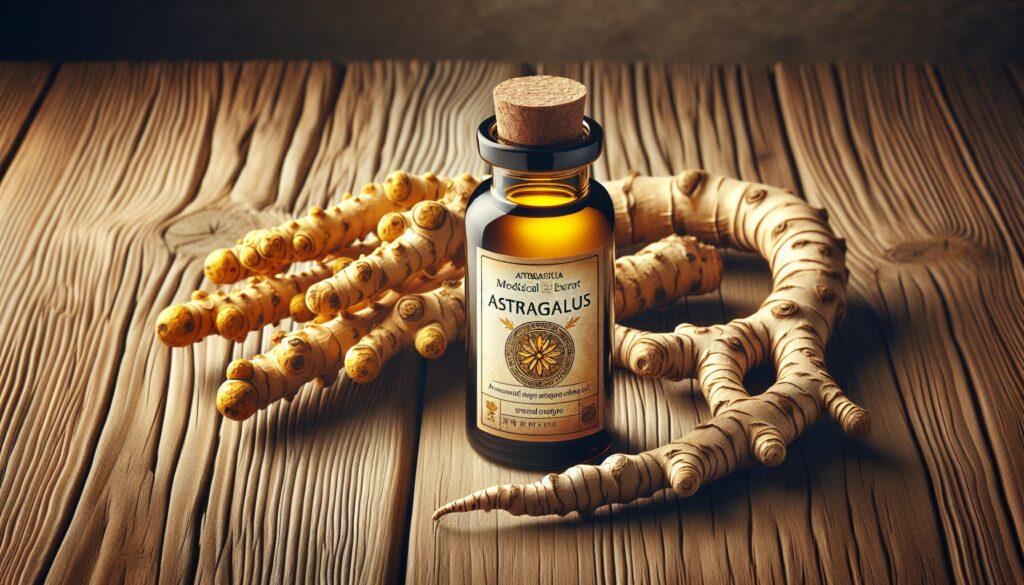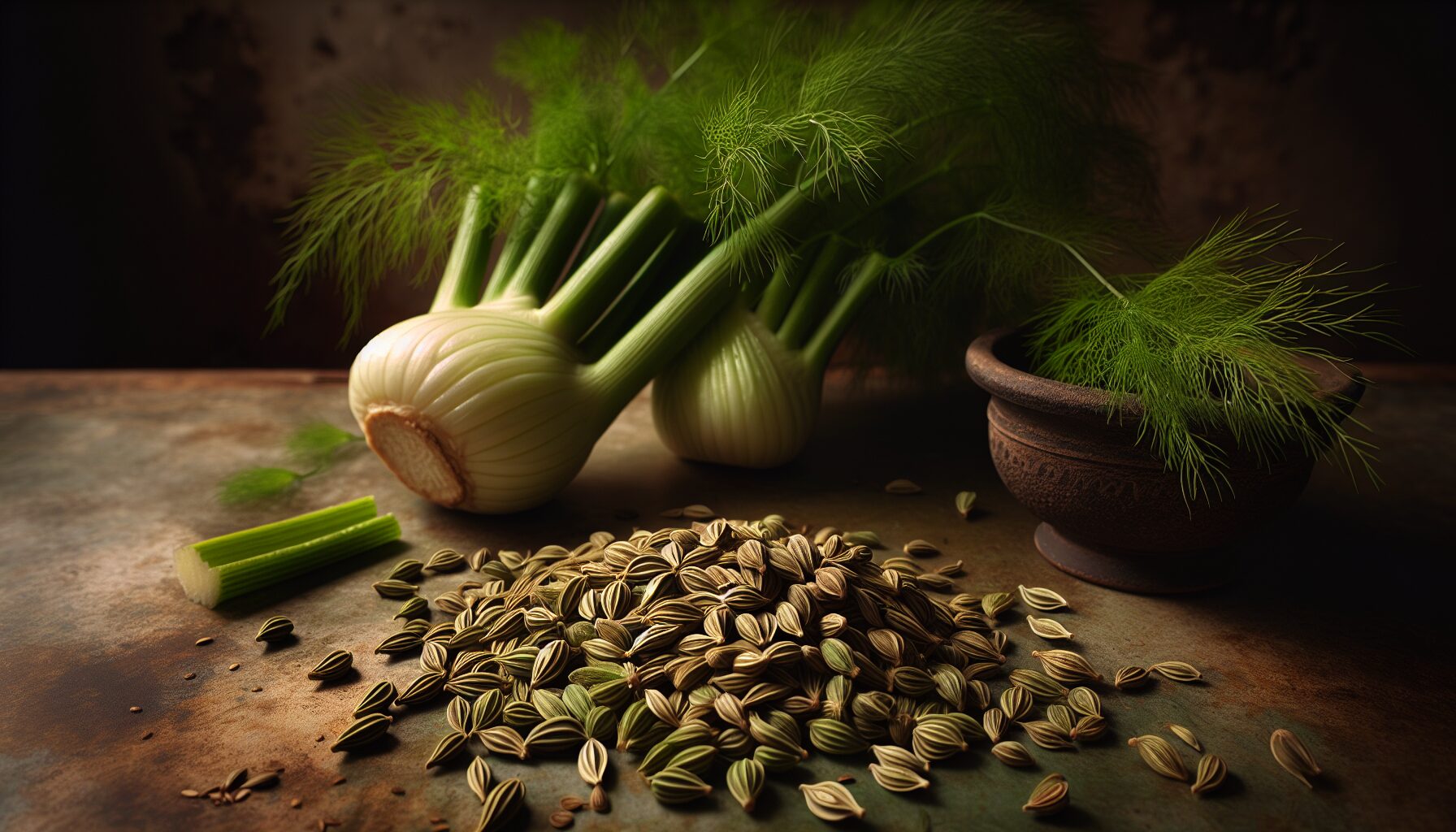
Astragalus Extract Health Benefits
Astragalus extract is popular as a health supplement because of its reported health benefits and history of use as a medicinal herb. This adaptogenic group of herbs, collectively known as astragalus, are thought to assist with protecting the body from various external stresses. Herbs with medicinal properties were well recognized by our ancient ancestors and were used as the first forms of medicines in civilized societies.
The unique plant compounds within the astragalus plants may have specific benefits to maintaining optimal vital organ health. This is why they were popular in ancient medicines. The major active plant compounds in astragalus extract with reported health benefits include, flavonoids, saponins and astragalus specific polysaccharides.
While many plants and fruits contain these sorts of compounds, genetics means that each species is unique. They have specific potential actives, quantities of these and resulting health benefits. Some plants also contain mild toxins, which is why thorough plant research is so important. Astragalus extract supplements are usually from the root, with astragalus roots having a completely different plant chemical profile to the leaves or flowers and separate health benefits too.
In traditional Chinese medicine, roots of astragalus are considered to provide the body with revitalization. Especially in terms of energy. While its antioxidant properties are thought to be responsible for detoxification and anti-pathogen abilities.
This article will cover astragalus in detail, showing how this revered medicinal plant could assist with your wellbeing.
Astragalus Flavonoids
The flavonoid fraction of astragalus extract is the biggest group of polyphenols in astragalus plants and so provide much of its potential health benefits. Flavonoids are present in many different fruits, plants and herbs, with specific genetics presenting slightly different effects on the body.
One known activity of plant flavonoids are their antioxidant abilities, which again varies depending on the plant and specific structure. Plant flavonoids, such as those obtained from astragalus extracts, are able to remove harmful compounds from the body called free radicals. They can react with them, extinguishing their reactivity to the body, preventing damage to essential cell parts. This includes DNA and fatty acid containing cell membranes, both of which are prone to damage from harmful free radical compounds.
Most of the preventative antioxidant qualities of astragalus extract come from the phenolic compounds, such as flavonoids. The protective ability of astragalus extract flavonoids has been measured, including against strong UV or sun radiation. Astragalus extract flavonoids were seen to directly protect DNA from free radical damage, providing potential health benefits as a cancer preventative agent. The astragalus flavonoids also reduced DNA mutations, a major cause of cancers.
Astragalus flavonoids protect the body from oxidative damage, while also upregulating the overall antioxidant activity of the body. This oxidative research suggests that Astragalus extract flavonoids could offer benefits in a supporting and protective role as an antioxidant in a supplement.

Specific Protective Effects Of Astragalus
One key effect of really strong antioxidants is their ability to conserve or protect organs from damage and assist with their optimal health. One study found that astragalus extract flavonoids had a benefit as an antioxidant, that could protect organs after serious radiological damage. This is consistent with the medicinal history of this plant, being used to treat oxidative stress injuries to the intestines, eyes and liver.
Some major antioxidant compounds isolated from roots of astragalus include formosin, calycosin, and odoratin. These active antioxidants had a similar or better antioxidant ability than α-tocopherol or vitamin A. This is quite remarkable and demonstrates the potential health benefits of astragalus extract as a protective supplement for optimal organ health and cancer prevention.
Another example of the protective benefits of astragalus was observed with astragalus isoflavonoids. These compounds are very similar to flavonoids. Astragalus isoflavonoids, including formononetin and calycosin, were seen to protect the brain from direct oxidative damage. These compounds may have an ability to prevent or manage cell injuries. This neuroprotective effect has potential benefits for improving or encouraging optimal brain function.
One organ that is regularly under oxidative stress and damage is the liver, due to the toxins this organ handles each day. Flavonoids of astragalus were shown to assist with optimal liver health. They were seen to improve antioxidant activity within the liver, protecting liver tissue from oxidative damage, while assisting with optimal collagen production.
Astragalus, Heart Health And Diabetes
Additionally, astragalus extract flavonoids were shown to have blood pressure lowering effects. This provides protective health benefits to the circulatory system and heart. Two astragalus compounds, formononetin and calycosin, were seen to be able to cause blood vessels to relax. This is one body system response through which blood pressure can be natural lowered. Studies with astragalus extract flavonoids show that they could potentially lower LDL cholesterol and improve HDL cholesterol levels.
Astragalus extracts may have antidiabetic potential too. Anti-inflammatory interleukins such as Il-6 and Il-12 are significantly reduced with astragalus extracts. These anti-inflammatory actions are thought to be able to lower insulin resistance. The anti-inflammatory effects of astragalus extracts therefore may have mild diabetes preventative effects. There is also evidence that astragalus is able to restore the capability of the immune system in cancer patients.

Antimicrobial Effects
Considering how vital the immune system is and how it is in constant operation in the body, any mild antimicrobial activity has a potential benefit to the body. This is especially true considering the vast number of resources the immune system has the potential to consume.
Astragalus root flavones can inhibit bacterial growth, showing effects against various types of bacteria. The anti-microorganismal activity of astragalus extracts are thought to be weak, also having mild anti-fungal effects. A major fraction of antibacterial activity has been observed to come from astragalus flavonoids.
Within the gastrointestinal tract, astragalus extracts may be selective for more beneficial bacteria such as lactobacillus and bifidobacterium, while suppressing the growth of other bacteria. Astragalus extracts had strong effects on mildly pathogenic gut bacteria such as Enterobacter, Enterococcus and Clostridium.
There is a possibility that these mild antimicrobial effects could encourage more optimal gut health. The area of gut health is an area that is becoming more well understood. Especially in relation to inflammatory diseases and gut bacteria. Beneficial gut bacteria such as lactobacillus and bifidobacterium are thought to have a much higher benefit to health than previously thought.
Saponins are also found within astragalus extracts and are a major constituent. Saponin molecules are not considered to be toxic but are a mild detergent, like soap, that breaks down fatty acids. These molecules are also considered to be antioxidants. For these reasons saponins could be responsible for a lot of the antimicrobial activity of astragalus. Breaking down pathogen biofilm membranes is an important trait in the development of antibiotics. Astragalus saponins show impressive potential as an antibiotic and bacterial diarrhoea preventative.
They may also lower risks of cardiovascular diseases through their chemistry with fatty acids and fats. Traditional medicines suggest that saponins may improve circulatory health.
Astragalus Polysaccharides
The astragalus specific polysaccharide fraction of astragalus plants has drawn intense research interest for their anti-inflammatory properties. Astragalus polysaccharides are astragalus sugar molecules that are bound together in larger sugar units.
One study presents astragalus polysaccharides as possible anti-aging compounds. This may be due to other effects and not just anti-inflammatory or antioxidant properties. Astragalus polysaccharides may promote healthy telomerase regulation, preventing chromosome shortening during the cell cycle.
The anti-inflammatory quality of astragalus specific polysaccharides may mean that it may have anti-cancer properties. Current research suggests this. Astragalus polysaccharides, as complex sugars, are thought to form a pre-treatment for insulin resistance diabetes. They may be able to encourage re-normalization of insulin signalling.
Astragalus polysaccharides may also improve intestinal barrier function and gut microbe profiles. Astragalus polysaccharides seem to encourage beneficial gut microbe growth. Both of these factors are vital to optimal gut health and could have potential health benefits from effecting cognitive health to body weight. Astragalus polysaccharides have also been shown to encourage more optimal immunity, causing an increase in the production of key immune and anti-pathogen cells.

Summary
Astragalus extracts have potential health benefits because of their variety of bioactive plant compounds. These include saponins, astragalus polysaccharides and flavonoids. Adaptogenic herbs, such as astragalus, assist the body with adapting to environmental stresses. This is largely because of their antioxidant properties.
Plant flavonoids, such as those found in astragalus, are strong antioxidants. They remove harmful compounds from the body called free radicals. They can protect the body from oxidative stresses and cancers. As strong antioxidants, astragalus flavonoids can protect organs from damage. This includes oxidative damages. This activity may assist with neuroprotection and encouraging more optimal liver health.
Astragalus extract flavonoids could also lower blood pressure, providing protective health benefits to the circulatory system and heart.
Various components of astragalus extracts may be selective for more beneficial bacteria. These include lactobacillus and bifidobacterium, while compounds like saponins seem to select against pathogenic bacteria. Encouraging an optimal balance of gut bacteria has potential health benefits from better cognitive functioning to more optimal weight management.
Astragalus polysaccharides show potential as possible anti-aging compounds, encouraging healthy telomerase activity. They may also help to re-normalize insulin signalling.
Having been used for centuries in Chinese medicine, modern medicines and research are finding many potential benefits with astragalus extract use.
For more interesting articles, see the main articles page below.





